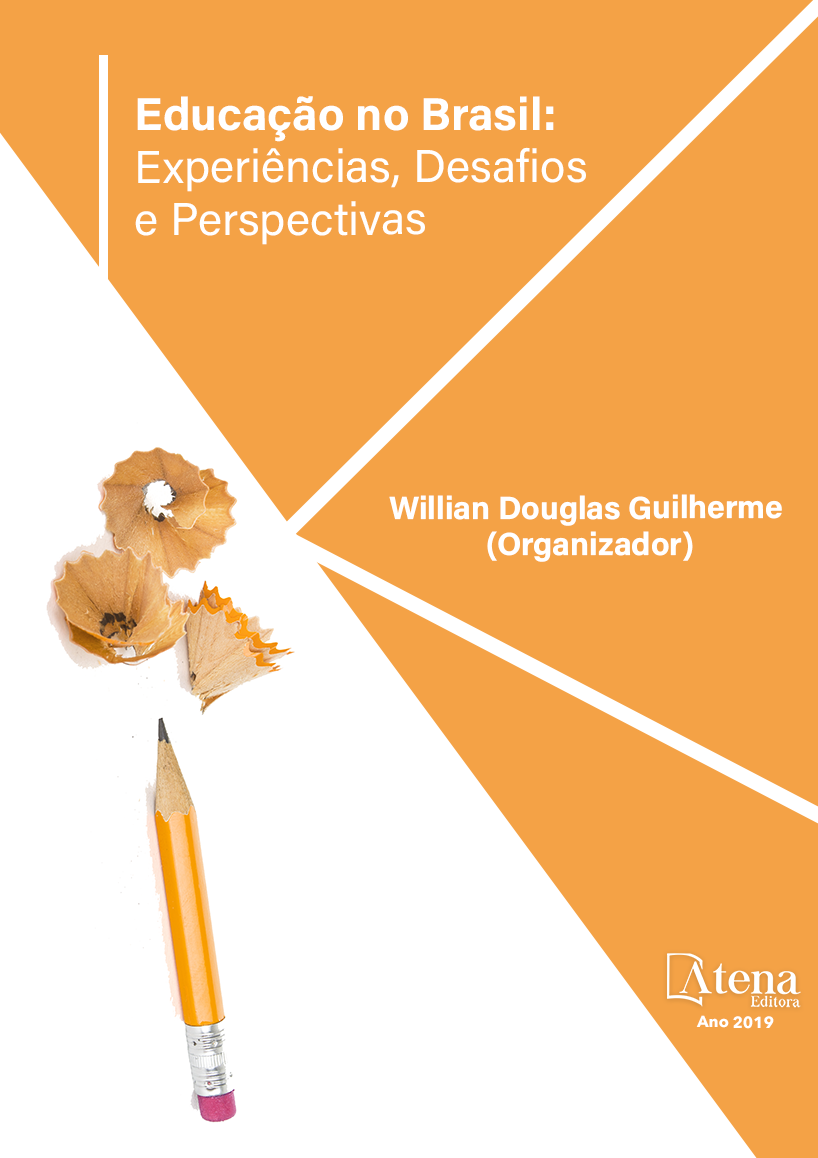
O PLANO EDUCACIONAL INDIVIDUALIZADO (PEI) NA EDUCAÇÃO ESPECIAL: UMA CONTRIBUIÇÃO NO PROCESSO DE ESCOLARIZAÇÃO DA PESSOA COM DEFICIÊNCIA
A primeira versão do presente
artigo foi apresentada no IV ENCONTRO DE
HISTÓRIA DA EDUCAÇÃO DO CENTRO
OESTE (2018), em Campo Grande - MS. Ele
se insere no âmbito da pesquisa em Políticas
Públicas tendo especificamente como objeto
de estudo a inclusão de alunos público da
Educação Especial na escola regular e o
direito ao atendimento às suas necessidades
educacionais especiais por intermédio de
práticas pedagógicas diferenciadas. Seu
objetivo é investigar o processo de formação
histórica da Educação Especial no Brasil, bem
como a elaboração do Plano Educacional
Individualizado – PEI. A metodologia usada
abrangeu pesquisa documental e bibliográfica.
Assim, abordamos brevemente a formação do
professor diante da perspectiva inclusiva, em que
elaborar o Plano Educacional Individualizado
(PEI) se torna fundamental em consideração às
especificidades do aluno com deficiência. Essa
abordagem, de caráter histórico, traz marcos
legais que disciplinaram a educação inclusiva,
desde a Constituição de 1988 até o que dita a
Lei n.º 9394/96 – Lei de Diretrizes e Bases da
Educação Nacional. Como resultados principais,
apontamos para as determinações históricas
que levaram à inclusão desse público no ensino
regular, as quais passam pelas demandas
capitalistas de mão de obra economicamente
ativa, assim como a necessidade de inovações
curriculares e pedagógicas para que ocorra
efetivamente a inclusão. Conclui-se, portanto,
que apesar do longo caminho trilhado até o atual
momento, tanto o PEI quanto a própria noção de
inclusividade foi fruto mais do desenvolvimento
teórico do que escolar propriamente dito, ainda
que se tenham avanços, nesse sentido.
O PLANO EDUCACIONAL INDIVIDUALIZADO (PEI) NA EDUCAÇÃO ESPECIAL: UMA CONTRIBUIÇÃO NO PROCESSO DE ESCOLARIZAÇÃO DA PESSOA COM DEFICIÊNCIA
-
DOI: 10.22533/at.ed.64519270912
-
Palavras-chave: Plano Educacional Individualizado (PEI). Educação Especial. Inclusão. Professores.
-
Keywords: Individualized Educational Plan (IEP). Special education. Inclusion. Teachers.
-
Abstract:
The first version of this article was
presented at the IV MEETING OF THE WEST
CENTER EDUCATION HISTORY (2018), in
Campo Grande - MS. It is part of the scope
of public policy research, specifically focusing
on the inclusion of public students of Special
Education in the regular school and the right to attend to their special educational needs
through differentiated pedagogical practices. Its objective is to investigate the historical
formation process of Special Education in Brazil, as well as the elaboration of the
Individualized Educational Plan - IEP. The methodology used included documentary and
bibliographic research. Thus, we briefly discuss teacher education from the inclusive
perspective, in which the elaboration of the Individualized Educational Plan (IEP)
becomes fundamental in consideration of the specificities of students with disabilities.
This historical approach brings legal frameworks that governed inclusive education,
from the 1988 Constitution to what dictates Law No. 9394/96 - Law of Guidelines and
Bases of National Education. As main results, we point to the historical determinations
that led to the inclusion of this public in regular education, which go through the
capitalist demands of economically active labor, as well as the need for curricular and
pedagogical innovations for the inclusion to occur effectively. It is concluded, therefore,
that despite the long way to date, both the IEP and the notion of inclusion itself was the
result of theoretical rather than scholarly development, although advances have been
made in this regard.
-
Número de páginas: 15
- Vilma Miranda de Brito
- Autor Tânia Mara dos Santos Bassi


